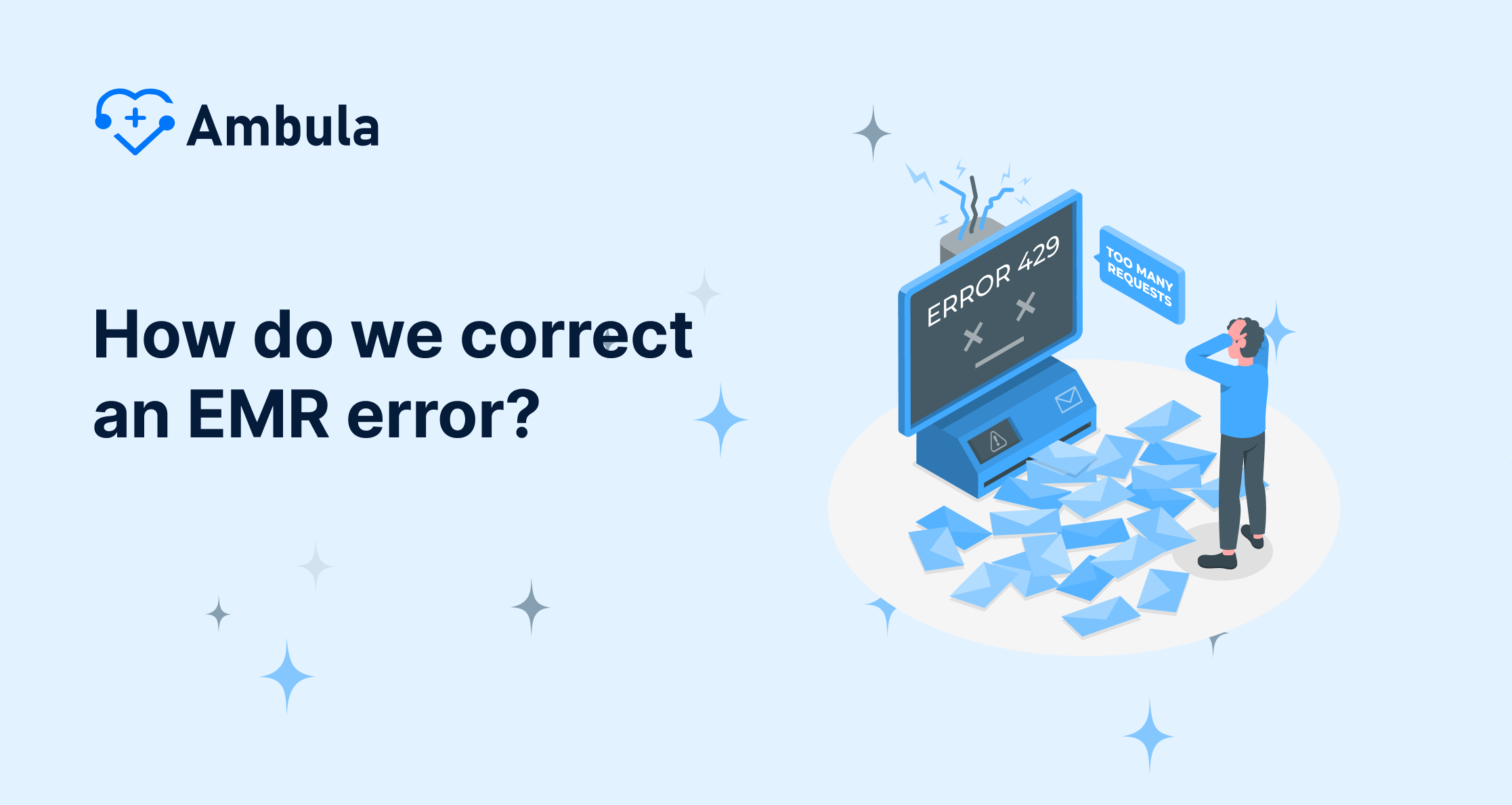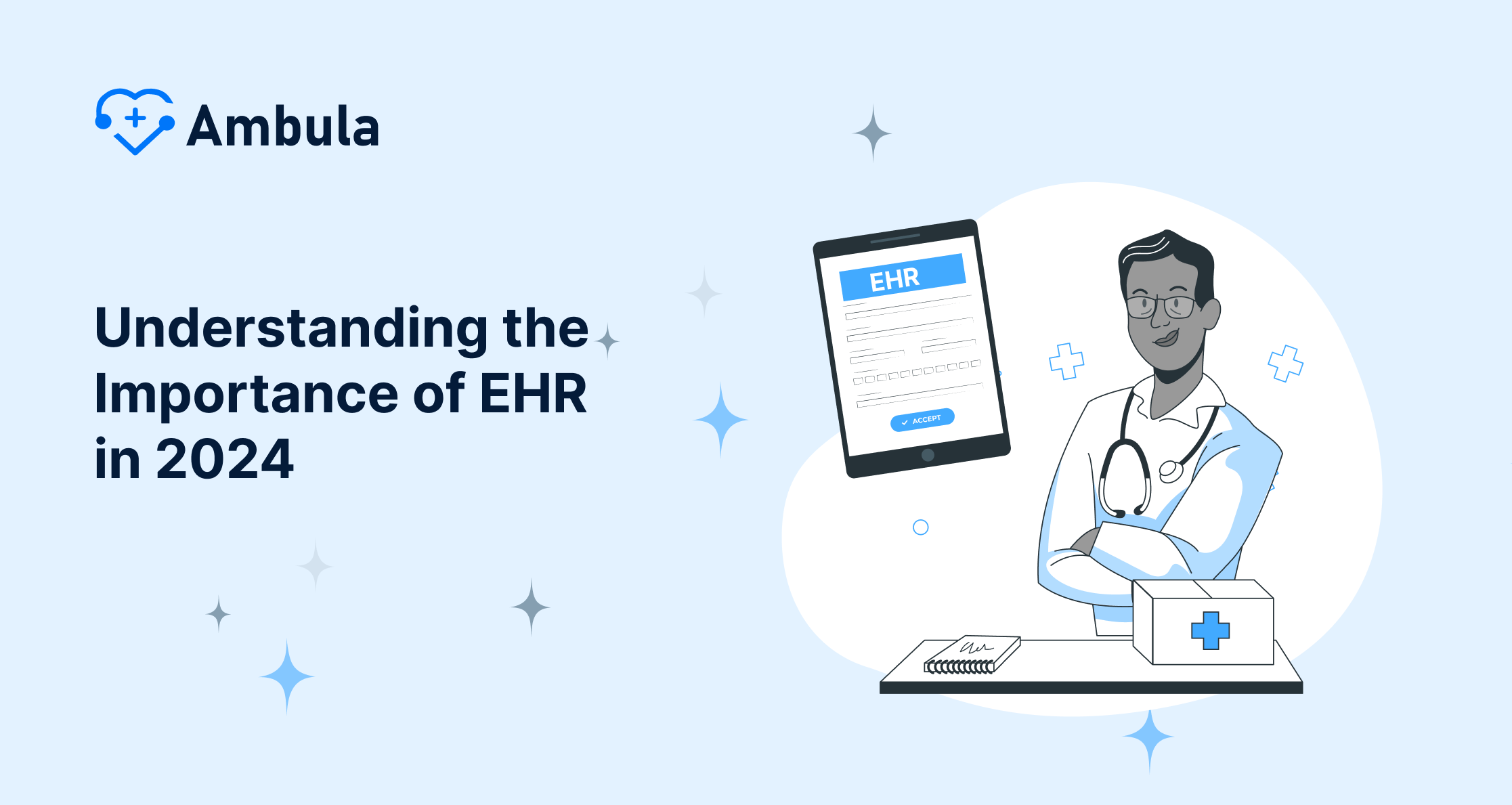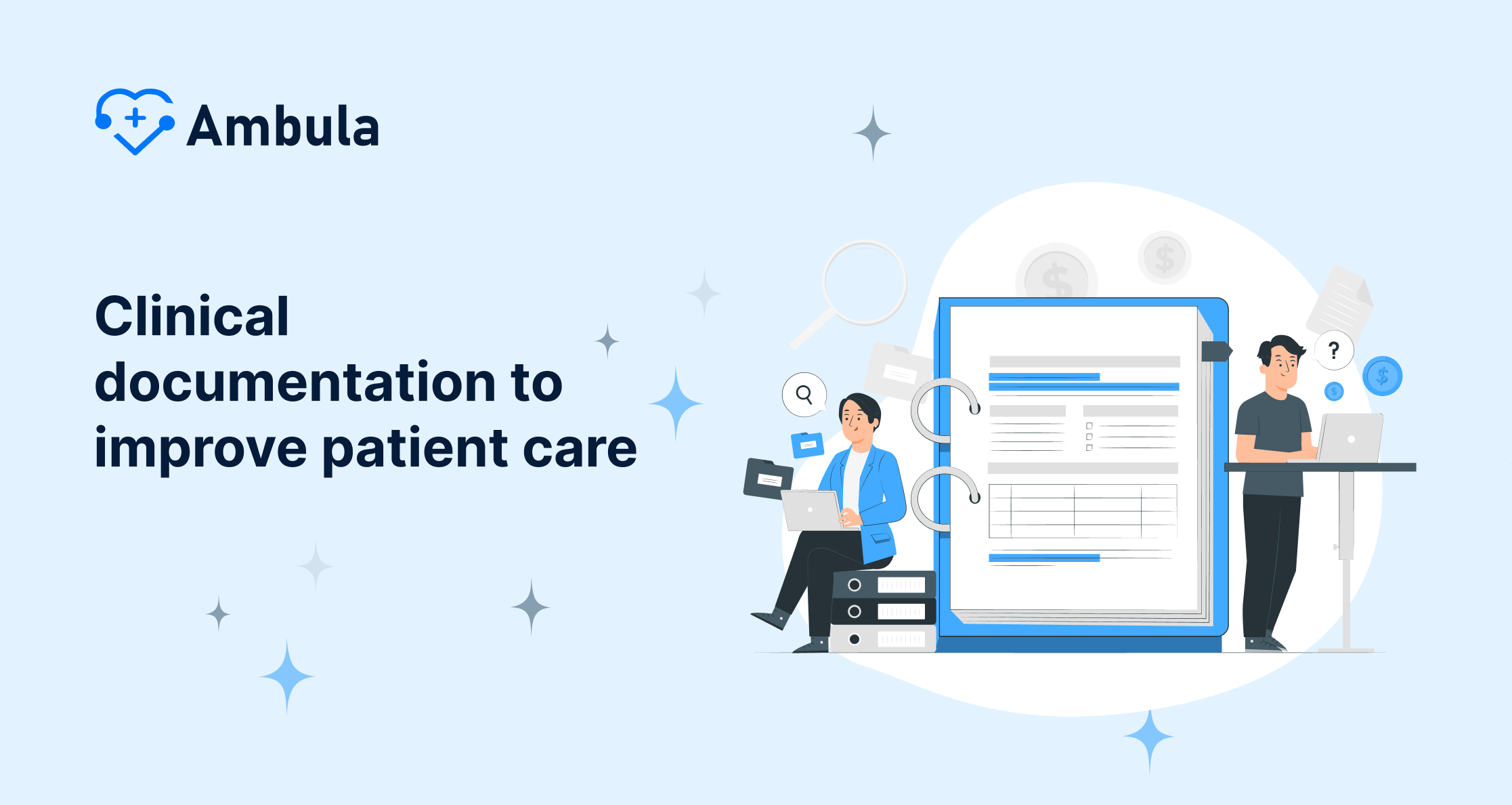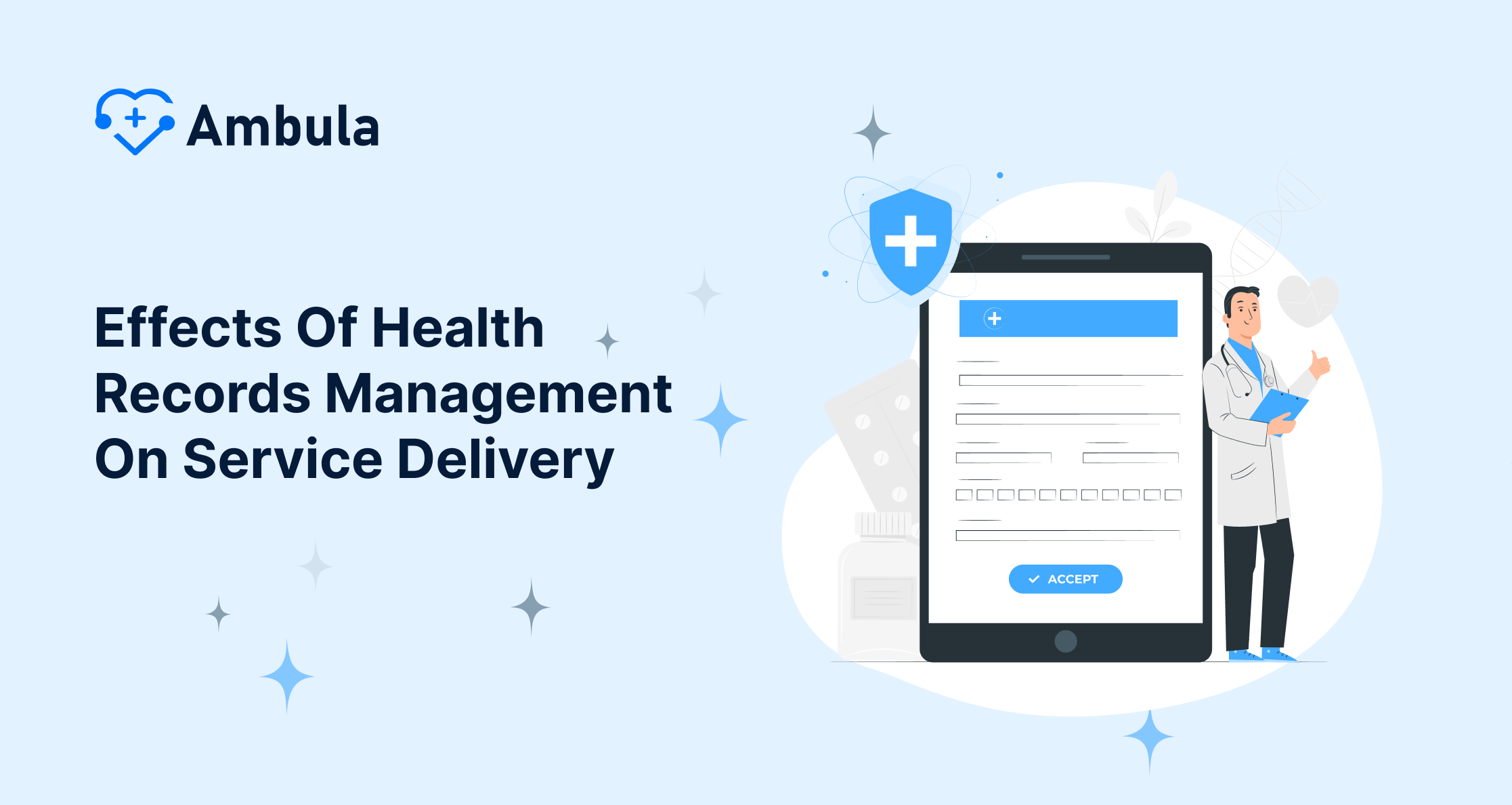Topics:
- Introduction to Advancing care information
- Advantages of Advancing Care Information
- Challenges of Advancing Care Information
- Why the change to ACI?
- Why is it important?
- How is it different from meaningful use?
- What steps to take about this new information?
Are you wondering what is advancing care information and how is it different from meaningful use? In this blog post, we will give you a clearer idea of the importance of advancing care information in healthcare. We will also talk about what steps to take with this new information! So, read on!
What is advancing care information?
Advancing Care Information (ACI) is a performance category within the Merit-based Incentive Payment System (MIPS) program in the United States. It focuses on promoting the secure exchange of electronic health information (EHI) and encouraging the use of certified electronic health record (EHR) technology to improve patient care and outcomes.
Advantages of Advancing Care Information
Advancing Care Information (ACI) brings a multitude of advantages to the healthcare landscape, fostering better patient care, reducing healthcare costs, and enhancing patient engagement.
Improved Patient Care: At the heart of ACI lies the overarching goal of enhancing patient care. By promoting seamless communication, coordination, and information sharing among healthcare providers, ACI breaks down silos and ensures that patients receive comprehensive and well-informed care. This interconnectedness allows for timely diagnoses, effective treatment plans, and reduced medication errors or adverse events risks.
Reduced Healthcare Costs: ACI contributes to cost savings in the healthcare system by preventing errors and inefficiencies. Electronic prescribing, for instance, eliminates the potential for misinterpreting handwritten prescriptions, thereby reducing the likelihood of medication errors. Additionally, secure messaging between patients and providers minimizes unnecessary in-person visits, saving patients and healthcare providers time and resources.
Enhanced Patient Engagement: ACI empowers patients to take an active role in their healthcare, fostering a sense of ownership and responsibility. Secure online access to medical records enables patients to review their health information, track their progress, and make informed decisions about their care. Patient-specific education materials and secure messaging enhance patient engagement, encouraging patients to ask questions, seek clarification, and become partners in their healthcare journey.
Challenges of Advancing Care Information
Technology Adoption: Implementing and effectively using certified electronic health record (EHR) technology poses a significant challenge for many healthcare providers. The complexity of EHR systems and the need for ongoing training and support can hinder adoption and the full realization of ACI benefits.
Data Integration: Integrating data from different EHR systems and other sources poses another challenge. Healthcare providers often struggle to seamlessly exchange patient information across different platforms, leading to fragmented care and potential gaps in patient history. This lack of interoperability can hinder effective coordination and decision-making.
Patient Education and Engagement: Educating patients about their online access to medical records and empowering them to use it effectively can be a daunting task. Healthcare providers often face challenges in explaining the benefits and complexities of ACI to patients, leading to underutilization of these valuable tools. Additionally, encouraging patients to engage in their healthcare and manage their health information actively requires a concerted effort to promote patient education and engagement strategies.
Despite these challenges, the potential benefits of ACI far outweigh the obstacles. By addressing these challenges through continuous innovation, training, and patient education, healthcare stakeholders can overcome the hurdles and unlock the full potential of ACI to transform healthcare delivery and improve patient outcomes.
Facts about advancing care information
ACI is part of the Merit-based Incentive Payment System, (MIPS). Statistically speaking, advancing care information makes it focused on the interchange of health data securely.
Moreover, it ensures the usage of certified electronic health record technology (CEHRT). It encompasses the same concept of meaningful use with less burdensome technology. Here are some advancing care information facts:
- ACI is similar to meaningful use.
- Four required objectives are mentioned for a base score in 2017: Health Information Exchange, patient access, e-prescribing, and security risk analysis.
- CMS awards a bonus score for enhancement activities that use CEHRT. In addition to reporting to clinical data registries and public health.
Why the change to advancing care information?
It’s true that advancing care information is similar to meaningful use! However, the ACI is viewed as more connected and simpler while being more flexible.
Moreover, the ACI is designed to simplify requirements, support patient care, and be flexible to meet the needs of physician practices. ACI emphasizes measures that support improved patient engagement and connectivity. It also provides more flexibility for physicians regarding reporting quality care and certified EHR use.
Check out these articles after you’re done
Why is it important?
Why is ACI important? First off, the purpose behind it is to align payments with quality care that’s patient-centered in the first place!
Secondly, ACI provides better flexibility for doctors in terms of reporting their work. Certified EHRs are involved, too! Thus, the advancing care information proposal simplifies requirements first. Secondly, it supports patient care, and thirdly, it fulfills the needs of doctors’ practices.
How is it different from meaningful use?
Now, how is it different from meaningful use? Below are four initial differences between ACI and meaningful use:
- For meaningful use, the healthcare staff had to measure all requirements and report all objectives. However, the number of measures for clinical quality is lower with ACI. New ACI measures emphasize HIE and security measures. As well as interoperability. In addition, computerized provider order entry measures and clinical decision support are optional.
- Meaningful use has been an all-or-nothing approach. But with ACI, it’s more flexible now and can be adapted for different situations based on your needs!
- In ACI, the eligible medical staff can choose which clinical quality measures are most important.
- ACI is aligned with other reporting programs, which is not the case with meaningful use.
What steps to take about this new information?
Now, what steps to take about this new information? Clearly, the next steps with this information would lead us to the application process.
And, when it comes to the application, you will probably be going to ask what version of ACI should you implement? So, here’s what you need to know:
MIPS eligible doctors can report the ACI objectives and measures when they obtain one of the following:
- The union of certified EHR technologies from editions 2014 and 2015 supporting these measures
- EHR technology validated to the 2015 Edition.
To meet the requirements for each of the ACI measures
To meet the requirements for each of the ACI measures, rely on validated technology that meets all requirements, including:
- E-prescribing
- Patient access
- Security Risk analysis
- Summary of care
- Accepting and requesting a summary of care
Advancing Care Information (ACI) is a crucial step towards transforming healthcare delivery and achieving better patient outcomes. By fostering seamless communication, empowering patients, and promoting data-driven decision-making, ACI has the potential to revolutionize the way healthcare is provided.
The continuous efforts to enhance ACI implementation and effectiveness are paramount to realizing its full potential. Healthcare providers, organizations, and policymakers must collaborate to address the challenges of technology adoption, data integration, and patient engagement. Through ongoing innovation, training, and education, we can overcome these hurdles and harness the power of ACI to improve patient care, reduce costs, and enhance patient satisfaction.
As we move forward, the future of ACI holds immense promise. With advancements in interoperability, patient-centered care, and artificial intelligence (AI) integration, ACI is poised to transform healthcare delivery into a more patient-centered, data-driven, and effective system. By embracing these advancements and continuously refining ACI initiatives, we can pave the way for a healthier future for all.
By now, you are definitely aware of the ACI importance in healthcare! If you need further information on this subject, reach out to the Ambula Healthcare team: (818) 308-4108! Check out how much is an EMR system for ASCs?





